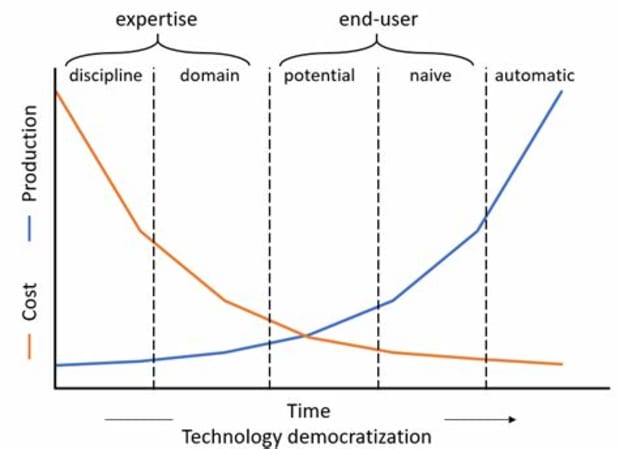A Further Crackdown On Bitcoin Mixing Services Will Hurt Human Rights Activists
Yesterday, the US Department of Justice (DOJ) charged Keonne Rodriguez and William Lonergan Hill, co-founders of Samourai Wallet, a privacy-focused bitcoin wallet that also serves as a mixer, with money laundering and operating an unlicensed money transmitting business.
Many, including activists and human rights defenders, spoke out about the significance of this legal action soon after the news broke.
A monumentally bad day for privacy on the internet
The implications of this are so dire
A real “before and after” moment https://t.co/ou6CgT9E0T
— Alex Gladstein 🌋 ⚡ (@gladstein) April 24, 2024
Lyudmyla Kozlovska, President of the Open Dialogue Foundation, who educates policymakers and regulators about how bitcoin mixing services are tools for pro-democracy activists living under authoritarian regimes who need to preserve their anonymity, voiced her concerns about a broader international effort to outlaw privacy-preserving tools related to Bitcoin.
“Looking at this event and regulatory language in the G7 countries, including the AMLR passed by the European Parliament today, we can already see the beginning of this process to criminalize private payment tools,” Kozlovska told Bitcoin Magazine.
“Crimes can be committed with any technology, but this is not a reason to criminalize or ban by definition a private payment tool, and especially not its developers,” she added.
“Since law enforcement agencies were able to identify a money laundering offense using this particular wallet, it means that they have all the means to detect such crimes and there is no need to criminalize such technology and its developers.”
Kozlovksa went on to explain how most major money laundering schemes happen via the traditional financial rails and exist in the form of expensive real estate deals or payments for consultations with former high-ranking government officials.
Anna Chekhovich, CFO for the Anti-Corruption Foundation and non-profit Bitcoin adoption lead at the Human Rights Foundation, also relies on bitcoin mixers and is worried that the powers that be don’t take into consideration the human rights activists who need to use this technology for their own safety.
“As an activist, I don’t like the trend that they’re trying to control tools like mixers that provide us with privacy, because they are crucial for those who fight against dictatorships — activists, human rights defenders, freedom fighters,” Chekhovich told Bitcoin Magazine.
“At the Anti-Corruption Foundation, we use mixers because we need to protect [the identity of] our donors. We’re responsible for the safety of our donors because we encourage them to support us financially, and for supporting us, they risk being imprisoned up to eight years. We have a huge responsibility to do everything we can not to let that happen,” she added.
“We also need mixers to protect [the identity] of the recipients of our funds.”
With that said, both Kozlovska and Chekhovich implore those who run other bitcoin mixers to not invite bad actors to use their services the same way that the Samourai Wallet founders did.
In the following tweet, which was cited in the charges against Rodriguez and Hill, Samourai openly encouraged Russian oligarchs to use Samourai’s mixing service to circumvent sanctions.
Welcome new Russian oligarch Samourai Wallet users https://t.co/WBhB6J89SR
— Samourai Wallet (@SamouraiWallet) June 30, 2022
“This is total childishness,” Kozlovska told Bitcoin Magazine. “Such rhetoric certainly gives more reason to attack both developers and private payment tools.”
Chekhovich echoed and furthered Kozlovska’s point.
“I absolutely do not support and do not tolerate those who encourage Russian oligarchs to use bitcoin or any Bitcoin-related tools like mixers,” Checkhovich told Bitcoin Magazine. “It was wrong to say such things, and not only was it bad for the owners of the platform, but it’s also bad for the bitcoin community in general.”









